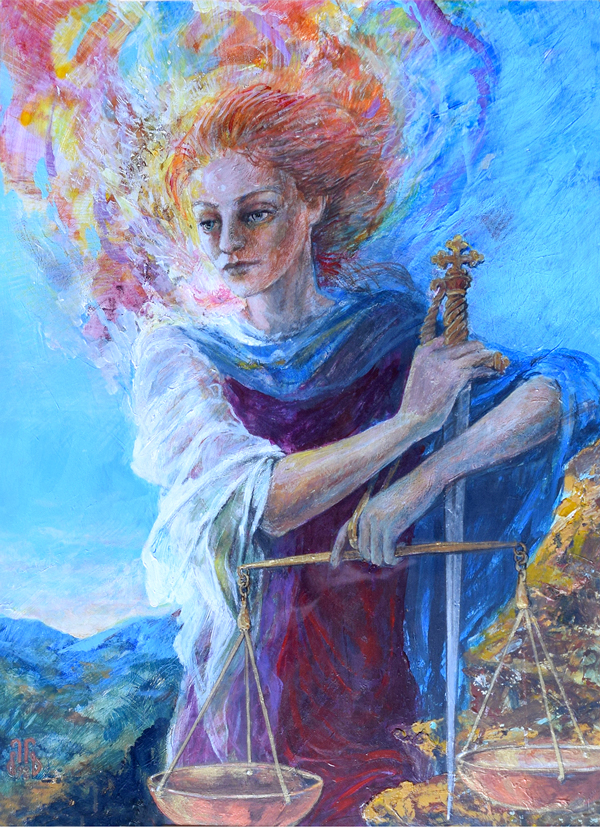MARRIAGE EQUALITY - EVOLUTION'S PROFOUND UNFINISHED STORY

A world of difference
Society on Gethen is
ambisexual. That is, for most of the time people are androgynous, but once a
month at the time of kemmer they become
sexually active as either male or female – they never know which it will be. This
is the setting for Ursula K Le Guin’s stunning sci-fi novel The Left hand of Darkness. In her mutable
fictional culture, the rigid gender divisions we hold have no relevance.
I think
ambisexuality is worth a close look when the issue of equality in marriage is a
hot potato for politicians and a source of fierce polarising debate in the
community.
Duality of
male-female is supposed to be self-evident because of differences in genitalia
and bodily characteristics. But recent genetic discoveries have revealed a more
complex story, as if the characteristics of dimorphism only represent either
end of a pole. In attitudes too, widely ranging gender attractions and
temperaments are possible along a continuum. We are more like the people of
Gethen than we know.
So why do we cause
LGBTI people such pain? Why are children
bullied so ruthlessly if they have doubts about where they fit? And why isn’t love
enough for marriage when the two lovers are not a male and a female?
Our history has done it, the three thousand years of a patriarchal culture dominating much of the world. But history can also expose the many reasons why such unfair harshness is against human nature, and against our spirit, which to me is life’s true motivating power. Briefly, the trail goes like this.
A quick race through epochs and millennia
Myth, art, written records and archaeology tell us an evolutionary story. During the long ages when the Great Mother goddess ruled and social structure was a clan or tribe, did marriage exist then? Well, sex was a driving force that brought male and female together. But coupledom would be momentary. Men and women lived mostly in their separate groups. These were safe settings for a young person to explore emerging sexuality and I think physical affection in all its expressions would have been normal for same sex adults.
Likewise, when we jump forward to the early Neolithic
when farming communities bundled together in close-packed villages, more like
bee-hives than homes for married couples plus children. Such a long history of
open forms of affection means they are embedded deep in our ‘race memory’.
In cultures of the
Middle East that first developed organised city-states, marriage gained in importance.
From Sumer to Egypt, marriage for kings and queens mirrored the union of gods
and goddesses featured in creation myths. And this transcendent understanding influenced
all marriages. Women in general had status because of the significance of
goddesses and there seemed to be few inhibitions around sexual behaviour,
sacred or secular, for men and women.
From around 1000 BCE migrations and invasions by patriarchal peoples brought radical innovations. Again, religion and society mirrored each other. The father god gained primacy. Over time the old goddesses were demoted, sometimes hidden. Even the great poet Homer portrayed the goddess Hera, Queen of Heaven, as a nagging wife. Marriage would confirm male ownership of the child-bearing half of humanity and her children. Sex outside this framework, including homosexuality, was taboo, although this didn’t stop it happening. And for two millennia authoritarianism has opposed the restless exploration that led to modern western culture.
And then there’s romantic love

The idealistic often ephemeral feeling called romantic love migrated from legends of illicit high passion – Helen and Paris, Lancelot and Guinevere, Tristan and Isolde. It’s a relative newcomer to the marriage game and mainly in western societies. Emerging with the rise of individualism and desire for self-fulfilment, marriage has become a union of a man and a woman in love, who hope to adore each other for the rest of their lives. Their decision is legalised by the state and sanctioned by religion. This is meant to be the final answer, although it's not what we see.
Answering a longing deep in our souls
Societies change through spiritual impulses. But we can’t confine spirit within any human construct – state, religion and certainly not opinion. Conservatives want to preserve time honoured traditions. Many people, religious and non-religious find this comforting in the face of today’s upheavals and challenges. Meanwhile human consciousness is always evolving, occasionally in bursts. And wider incidence and tolerance of sexual diversity, and of changing gender roles in so many areas of life tell us that in human relationships a major shift is already underway.
This brings us to the contentious issue of marriage equality. In my country Australia, if two people of the same sex love each other, they can join their lives like heterosexual couples; they can even include children in the relationship. But they can’t marry legally.
Does it matter that the seal of marriage is still being denied? It does, and it matters with great potency because the longing emerges from a deep soul need. Remembrance lives in us, even if we aren’t conscious of it. And marriage as a mirror of the divine echoes in the soul, uniting there with that other ancient memory of free and open affection – within all of us. We are all connected.
I believe that right now a rebalancing is taking place. This not a return to an ancient way. Evolution transforms the past to build the future. Our human spirit is involved, and its impulse is guiding us towards a new consciousness, where arguments flow away like water. Such a consciousness hears and responds to the voice of the higher self, and on that level, there is neither male nor female. Instead we will discover the individual, the human being in all its wonderful diversity of expression in the world. By welcoming the profound current of evolution, we might even find that we can love without limits.

Comments
Post a Comment